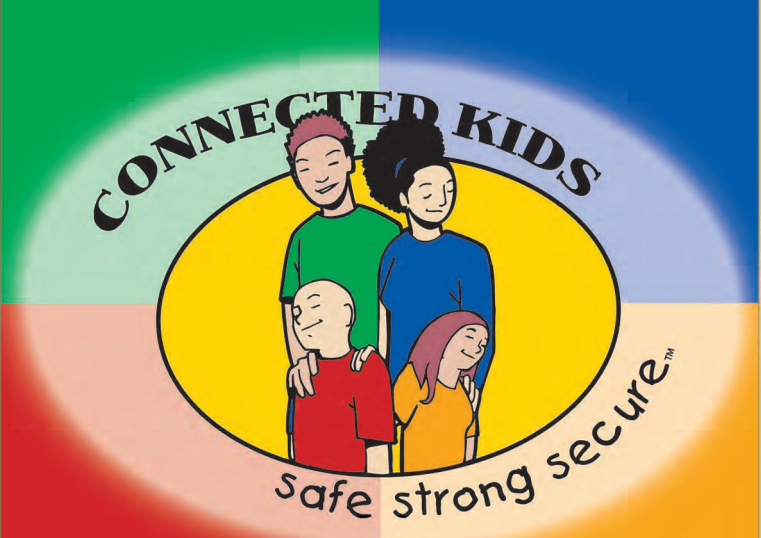Connected Kids

The "Connected Kids" program equips pediatricians with information and tools to discuss violence prevention with families throughout stages of childhood and adolescence. The clinical guide outlines the program and offers pediatricians helpful tips about how to engage families.
"Connected Kids" offers 21 free educational brochures for families throughout each stage of child and development, on topics such as parenting infants, connecting with community, preventing gun violence, fostering healthy relationships, and more.
The clinical guide provides in-depth advice on how to integrate the program into every aspect of a pediatric office, and offers guidance for pediatricians on how to engage in conversations with families about violence prevention and how to connect patients to community resources.
Access the brochures and clinical guide from the American Academy of Pediatrics.

